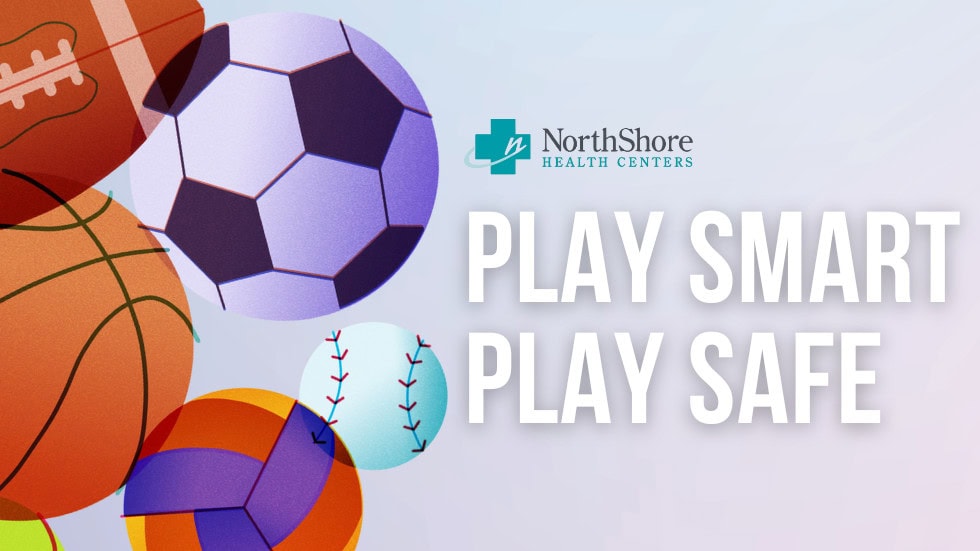Free Pregnancy Testing & Prenatal Care

At NorthShore Health Centers in Indiana, we provide affordable, high-quality prenatal care for pregnant women. This type of care is absolutely necessary if you want to stay healthy and make sure your baby is safe at all times. Prenatal visits can help prevent complications in pregnancy and inform you about important steps you should take to protect yourself and your baby.
Prenatal care starts with a FREE pregnancy test and once pregnancy is confirmed, prenatal visits typically include a physical exam, weight check and urine sample. Depending on the stage of your pregnancy, healthcare providers may also do blood tests and ultrasounds. These visits will also include discussions about the health of you and your infant, as well as addressing any questions about the pregnancy.
If you aren’t pregnant, but you plan to try and conceive, you can take the following steps to promote a healthy pregnancy and birth:
- Develop a plan for your reproductive life
- Increase folic acid intake
- Make sure immunizations are up to date
- Control diabetes and other medical conditions
- Avoid smoking, drinking and drugs
- Attain a healthy weight
- Learn about family health history and partner’s health history
- Seek help for depression or anxiety
Benefits of Prenatal Care
With regular prenatal care, the following is possible:
- Reducing the risk of pregnancy complications. Following a healthy, safe diet, getting exercise as advised by a health care provider and avoiding exposure to harmful substances can reduce the risk of problems during pregnancy and ensure the infant healthily develops. Prenatal can also control existing conditions like high blood pressure or diabetes, which is essential in avoiding serious complications like preeclampsia.
- Reducing the infant’s risk for complications like abnormal facial features, small head, poor coordination, poor memory, Sudden Infant Death Syndrome (SIDS), intellectual disability, and problems with the heart, kidneys, or bones. These problems can all be caused by tobacco smoke and alcohol use during pregnancy.
- Healthcare providers can give you good advice on what kind of nutrients you need. For example, 400 micrograms of folic acid daily reduces the risk of neural tube defects. Most prenatal vitamins include this recommended 400 micrograms, as well as other vitamins that pregnant women and developing babies need. Folic acid has also been added to foods like cereals, breads, pasta, and other grain-based foods.
- Your healthcare provider will ensure that the medications you take are safe. Certain medications, like some acne treatments and dietary/herbal supplements, aren’t safe during pregnancy.



